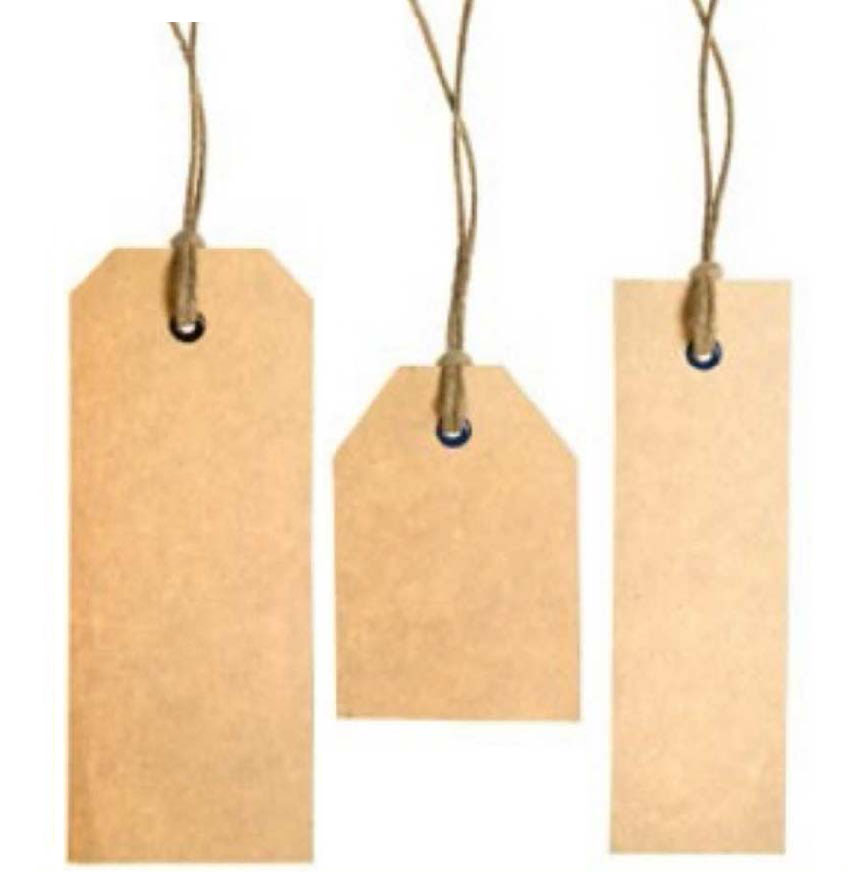 When we think of successful people, we do not associate them with low-self esteem. Self-esteem has to do with self: how we think of ourselves, what are our opinions of ourselves, how do we perceive ourselves. Many people with successful careers, if questioned further about what they think of themselves, might answer that they have a low self-image.
When we think of successful people, we do not associate them with low-self esteem. Self-esteem has to do with self: how we think of ourselves, what are our opinions of ourselves, how do we perceive ourselves. Many people with successful careers, if questioned further about what they think of themselves, might answer that they have a low self-image.
Many of us have minimum self-appreciation, enough to do good work and have accomplishments, but not sufficient to live to our fullest potential. Unfortunately most of us would be embarrassed to say out loud how we actually describe ourselves internally.
For most of us, when we check in with ourselves, we realize that our internal stories about our self-perceptions are limiting. We have a tendency to have many self-labels, and these labels can sometimes be useful, but they are not always helpful. Many of the ideas about ourselves were acquired while growing up. We incorporate our labels from our family of origin, our culture, gender, social class, religion… All these aspects impacts how we view ourselves.
These self-labels can feel constraining or comforting, but regardless, they keep us from experiencing the vastness of our possibilities in life. A certain amount of self-doubt is normal, and even healthy, but not if it is restraining us from achieving our full potential. When we are not aware of the labels and self-conceptions we have created over the years, we live under the influence of these perceptions. Wouldn’t it be so liberating, if from time to time we would permit ourselves to encounter the infinite of possibilities? Thinking and permitting ourselves to go beyond labels can assist our dreams and expand our potential. We may discover a new excitement in being alive!
Let us reflect, so we can gather more information about our labels. Taking some time to think how people in our world see us and think how we see ourselves can be essential information for transformation.
Here are some questions to start:
- What are the words/labels we use to describe ourselves?
- Would it feel liberating if we think of these labels as being temporary?
- Can we discard some of these labels for a day or so? How would it feel?
Becoming aware of how we perceive and describe ourselves can empower us to make conscious choices for how we want to live our lives.
These concepts of reflection, self-assessment and mapping, can also be transported to the organizational sphere. How many institutions could use a good non-biased view, to identify areas that are restraining full success and effectiveness? An organization cannot change if areas of needs are not identified first. We can’t change if we don’t know what to change! A good consultant can provide assessment of people, relationships and dynamics, much needed for further development of the institution.
